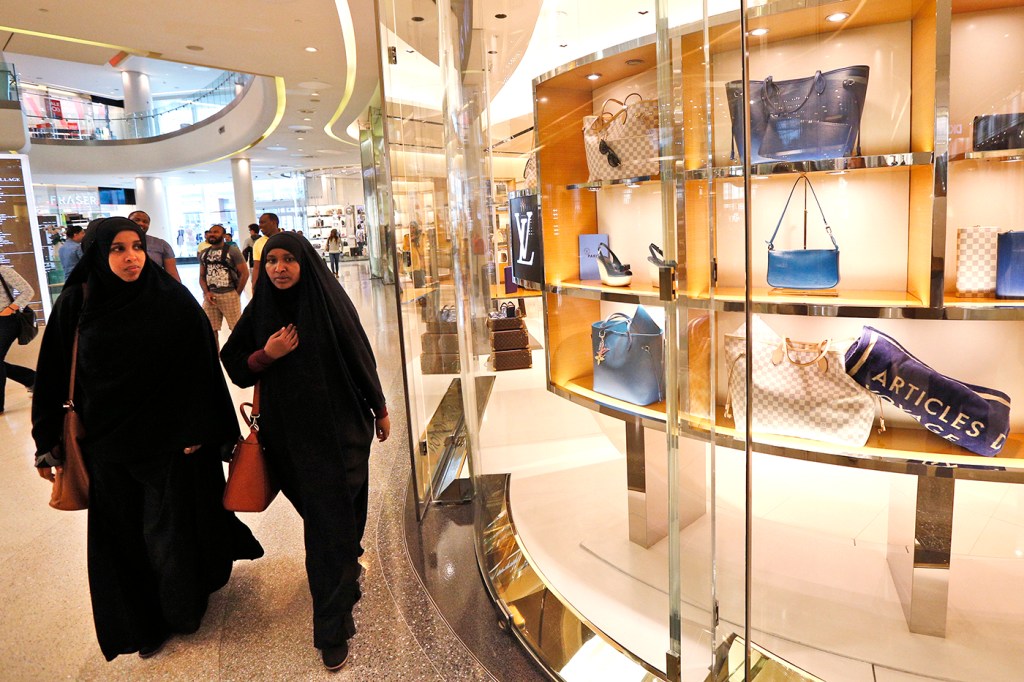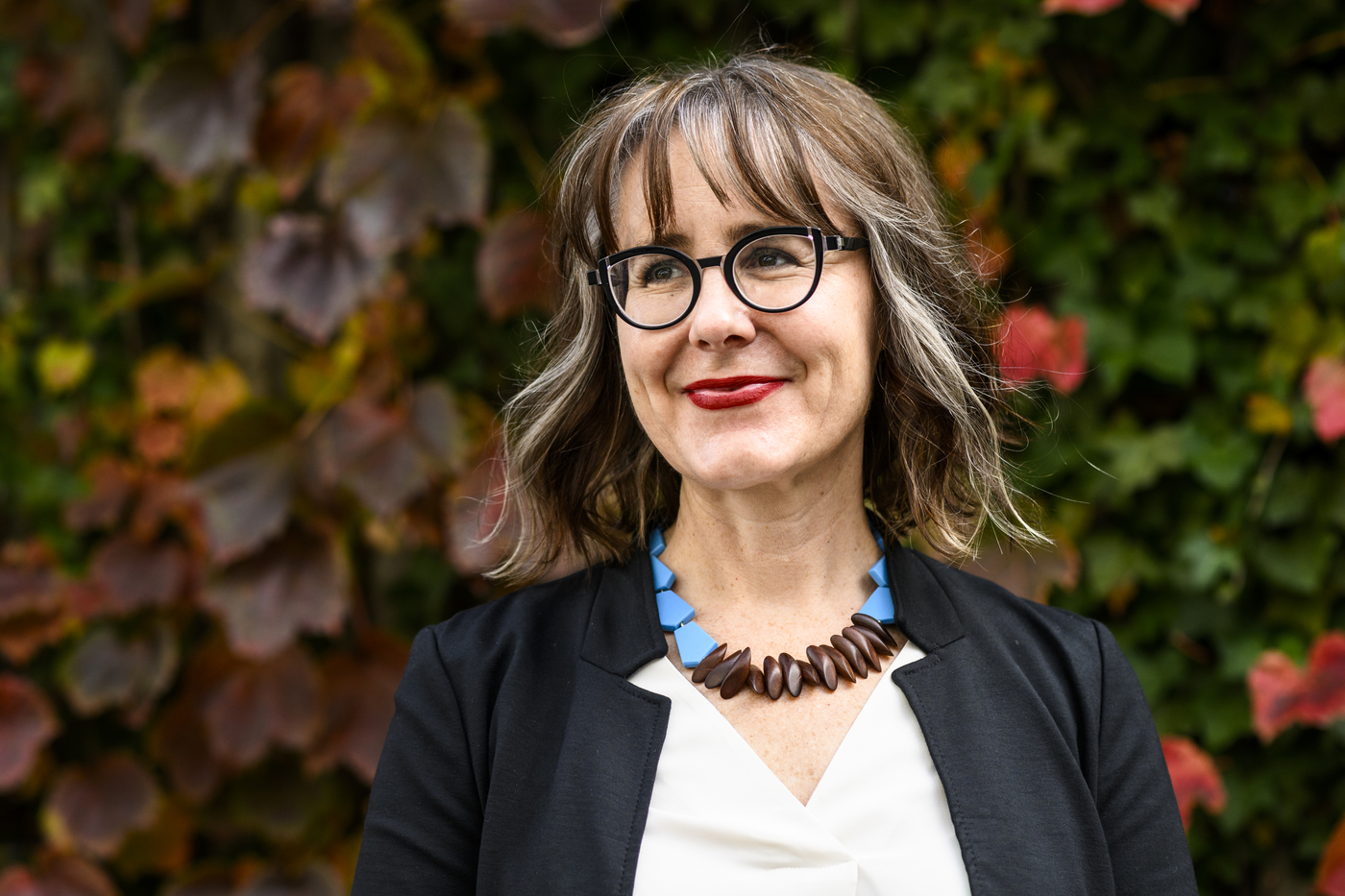Retailers are embracing Ramadan, and it could be a chance to improve religious literacy in the U.S.

Ramadan, one of the holiest months in the Islamic calendar, started last week, and Muslims aren’t the only ones who are celebrating this year. Major retailers are embracing the holiday in a new way, offering Ramadan-specific products and goods designed for Muslim consumers.
Target, one of the biggest retailers in the country, is offering its first collection designed around Ramadan and Eid al-Fitr, a holiday that marks the end of Ramadan’s month-long period of fasting, prayer and reflection. Even Party City is getting in on the holiday this year.
Big business going all in on Ramadan is the culmination of a trend that Liz Bucar, a professor religion at Northeastern University, first started noticing in 2016. At the same time that more Americans were starting to have “warmer feelings” about Muslims, according to a 2017 Pew Research Center survey, mainstream fashion houses started to feature “modest fashion” in major runway shows in London and New York.

Meanwhile, Ayana Ife became the first modest fashion designer on Project Runway, and Uniqlo partnered with Hana Tajima, a British-Japanese Muslim designer, on a line of dresses, tunics and hijabs.
“Part of that is these corporations realizing there’s this multimillion-dollar market that they weren’t paying attention to,” Bucar says.
“I also don’t want to just credit corporations for this,” she adds. “This is also content creators, entrepreneurs, people realizing that their community wanted things and creating them.”
The trend of retailers and fashion designers embracing the world of Muslim fashion and Ramadan also aligned with a change in corporate culture and an increased focus on diversity, equity and inclusion initiatives. For Muslim consumers, it has meant more fashion choices and products designed for––and by––them.
But it’s not exactly a selfless change for companies to make, Bucar says.
“If I’m thinking about it more critically, there’s a lot of interest around inclusivity and diversity, particularly with progressive liberals seeing that as a value that they want big box stores to display to them and give to them,” Bucar says. “They want to support brands and businesses that are inclusive, and this is one way that corporations can do that.”
But there’s a difference between a company integrating more religious diversity into its product line and a company doing that effectively and sensitively. It’s not hard to find examples of corporate missteps when it comes to embracing holidays from religious minorities. The Instagram account Hanukkah Fails is entirely devoted to pointing out the many ways the Jewish holiday has been misrepresented, from menorahs with the wrong number of candles to a Hanukkah-themed Santa Claus doll.
As a corporation begins its DEI journey, Bucar says there is a stage where representation, of any kind, is the only thing that matters. But she says misjudged efforts in that process can make minority groups feel even more erased or tokenized.
“Often the line between doing it right and not doing it right is, did you have someone in the room who knew about this religious community?” Bucar says.
The benefits of major retailers embracing holidays like Ramadan and Eid go beyond corporate culture shifts. Putting holidays and traditions from religious minorities (at least in the U.S.) front and center on store shelves provides an opportunity for education in a country that, despite its religious diversity, lacks meaningful religious literacy.
“We think because we, supposedly, have our separation of church and state in the U.S. that we shouldn’t do any work on religious literacy in K-12,” Bucar says. “That is really a problem because religion is implicated in all levels of American society. … With almost every hot button issue, it’s so clear to me that religion is part of the equation. We ignore it at our own peril.”
At a time when Christian nationalists and Dominionists are informing policy in the U.S. about everything from abortion to gun control and global religious leaders are pushing for progress on climate change, Bucar says it’s more important than ever to teach Americans about religion, its many forms and its role in society. If a new collection of Ramadan products in Target can kick off questions at the dinner table, that’s a great place to start.
“We are in a moment where it’s not enough to say, ‘I’m not religious, and so it won’t affect me’ because it’s everywhere,” Bucar says. “This could be an opportunity for religious literacy if you have more holidays and you’re like, ‘What is this? Why do we have Eid off?’ Let’s talk about what Eid is and what it means.”
Cody Mello-Klein is a Northeastern Global News reporter. Email him at c.mello-klein@northeastern.edu. Follow him on Twitter @Proelectioneer.






